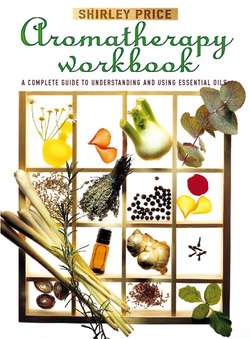Читать книгу Aromatherapy Workbook - Shirley Price - Страница 27
What is Adulteration?
ОглавлениеAdulteration, cutting, standardization, stretching, ennobling, sophistication – call it what you will, these terms, together with rectification (see below) mean that an essential oil has been altered in some way since leaving the still. Some of these processes are simple; some are quite complex, requiring sophisticated equipment. All these terms apply when the producer (or an intermediate further down the supply line) adds something to his essential oil to ‘stretch’ or standardize it.
Adulteration of essential oils can be carried out in a number of ways. The adulterant used may be:
1 an alcohol (to the inexperienced, the aroma is not noticeably different from the pure oil).
2 an isolate obtained from other essential oils (e.g. lemon or orange terpenes, which are available in huge quantities at extremely low cost).
3 a different, cheaper essential oil (and the claim may still be made in this (and no. 2) that the product is still a natural essential oil!)
4 a synthetic product, such as DPG (dipropylene glycol, which is colourless and odourless and is commonly added to bulk up lavender oil) or PEA (phenyl ethyl alcohol, a natural constituent of rose otto, which may be used to augment that oil).
5 an alternative, cheaper oil, somewhat similar, and substituted in toto (lavandin is often sold under the name of lavender, thus quadrupling the traders’ profit – see chapter 5).
These methods are more or less accepted in the world of perfumery; indeed, I have been told by some that an essential oil may be regarded as pure if the oil contains 51 per cent of the original material; it is a fact that an essential oil is occasionally referred to as ‘the soup’ by some perfumers. This, however, should not be tolerated in the world of therapeutics, where to have a true to its name, untampered-with essential oil is of paramount importance.
I quote from the Haarmann & Reimer Book of Perfume7
‘…bad harvests, political conflicts, exhaustion of the soil or transportation difficulties are imponderables which make it impossible for the perfumer to rely on Nature’s raw materials. Against that background, synthetic fragrance substances appear as economically indispensable substitutes for Nature’s originals.’ [my italics]
